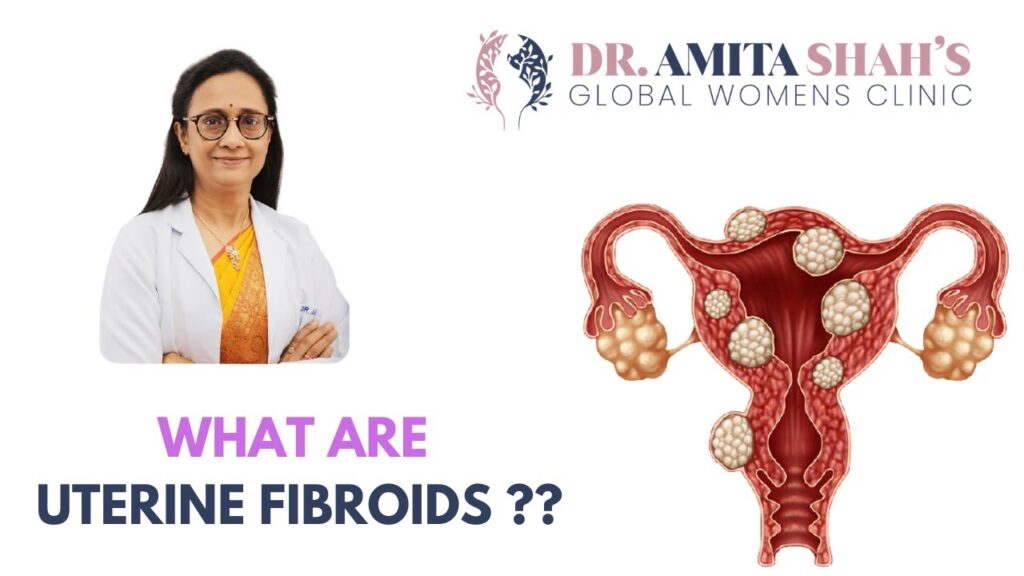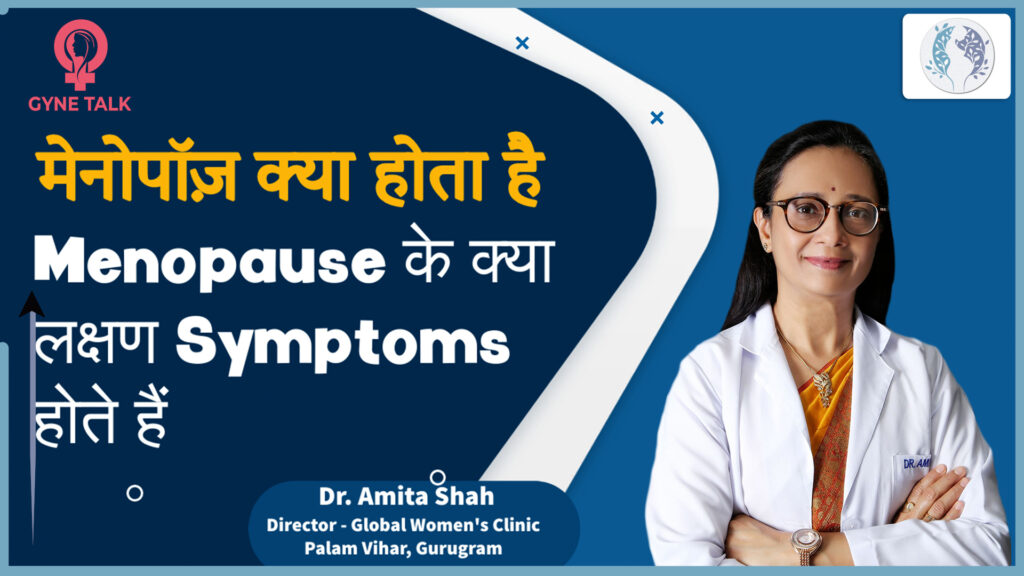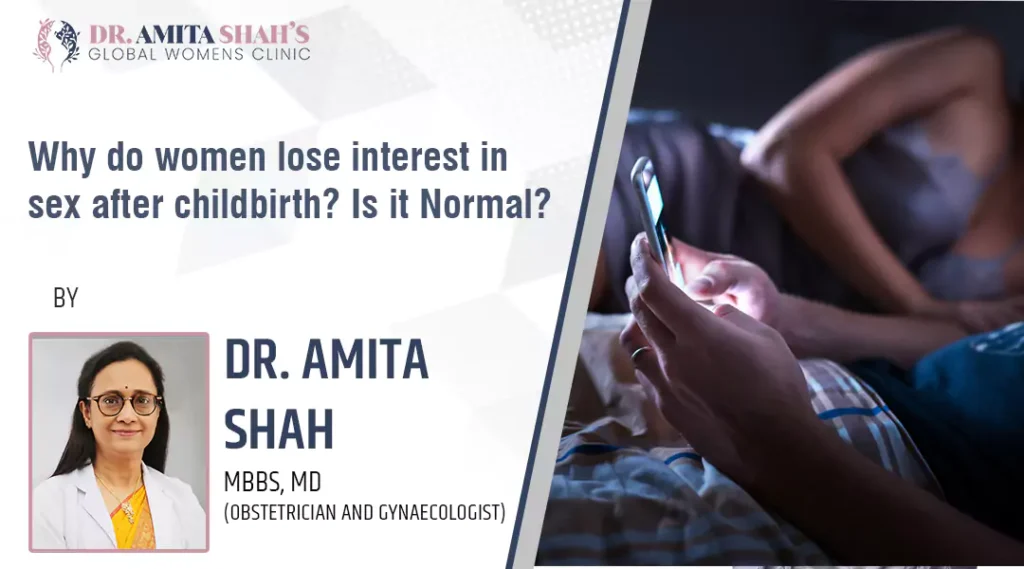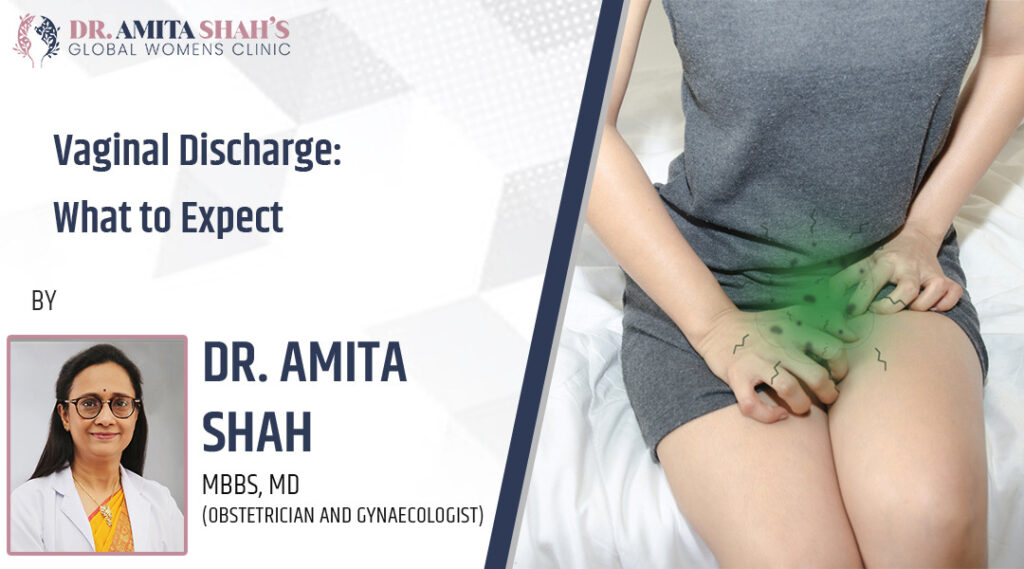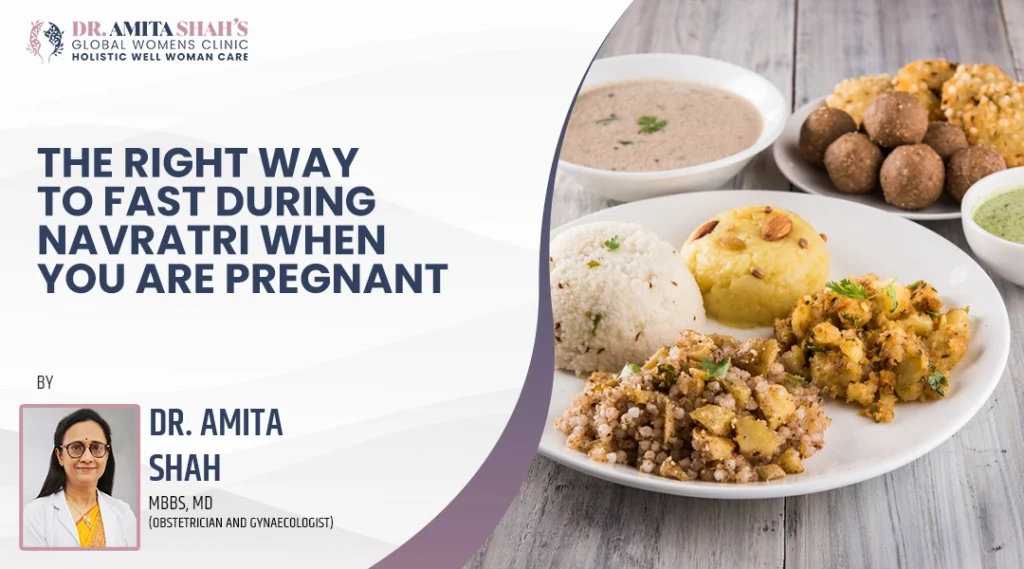Polycystic Ovarian Syndrome
or PCOS, is a collection of symptoms, affecting around every 1 out of 10 women of reproductive age. Being the most common disorder of the endocrine system, the symptoms of PCOS generally are excess weight gain, difficulty in losing weight, accumulation of fat around the belly, irregular periods, acne, excessive hair loss, unwanted body hair, stress, anxiety, depression, and of course, fertility problems.
If you find yourself to be a part of this crowd, continue reading, for we have some answers for you.
What Is PCOS And How Is It Caused?
PCOS is named after the characteristic cysts that may form on the ovaries. Since PCOS is a disorder of the endocrine system, the balance of hormones is thrown off.
The hormones that play a role in PCOS include:
-
- Androgen: This is a male hormone, but women have it too. Women with PCOS tend to have higher levels of androgen.
-
- Insulin: This regulates the blood sugar. Your body may resist insulin and react to it differently if you have PCOS.
-
- Progesterone: There is a lack of this hormone in women with PCOS. Due to this, they suffer from menstrual and fertility problems.
The cause of PCOS is not exactly known. However, genetic susceptibility and environmental factors have been identified as leading factors that contribute to the manifestation of PCOS during puberty.
Can PCOS Be Cured?
There is no cure for PCOS, but there are ways in which you can maintain and control the symptoms, and maybe even eliminate them. These are:
-
- Medication: Your doctor may prescribe medicines for irregular periods, acne and high levels of androgen.
-
- Infertility Treatment: There are countless fertility treatments available to help women with PCOS get pregnant.
-
- Diet: What you put in your body is important. Maintain a healthy diet and proper nutrition to alleviate the symptoms of PCOS. If your doctor recommends, consult a dietician.
-
- Exercise: Losing even 5% of your current weight may help regulate your periods.
When diagnosed at an earlier stage, PCOS can be controlled and its symptoms can be alleviated. Your efforts matter and will help reduce the risk of serious complications that are bound to impact women with PCOS.
A few of these complications are:
-
- Infertility
-
- Gestational diabetes and high blood pressure
-
- Premature birth or miscarriage
-
- Liver inflammation is caused by the accumulation of fat around the liver
-
- Abnormal uterine bleeding
-
- Stress, depression and anxiety
-
- Endometrial cancer
-
- Sleep apnea
When To See A Doctor?
Consult your doctor if you face problems regarding your periods, problems in conceiving, or notice abnormal changes in your body, such as acne, excessive hair loss and unwanted hair growth, as this could be related to high levels of androgen.
Who Should I Consult?
When it comes to PCOS, you want to be in the best hands. Dr. Amita Shah offers the best PCOS treatment in Gurgaon. In case you are looking for the best gynaecologist in Gurugram, you should meet Dr. Amita Shah. She is a director of Global Women’s Clinic. She is well-educated, highly experienced and an excellent mentor and supporter to her patients. She makes sure she explains the disease aetiology to all her patients and treats them patients in the most efficient way possible. She is an excellent surgeon and in case surgery is required for any of your ailments, you can blindly rely on her. So next time you are stuck on where to go, kindly contact her.



